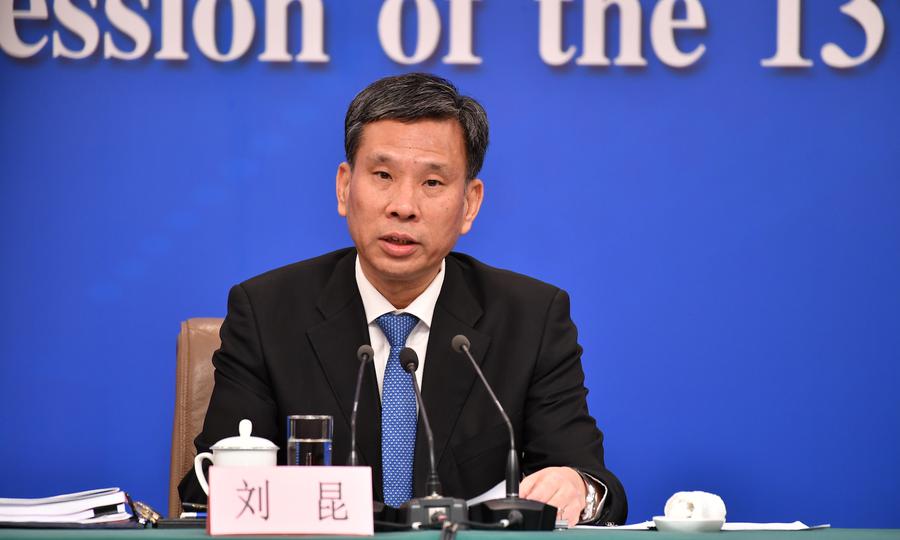(ATF) The magazine “China Finance” has published a speech by Minister of Finance Liu Kun to the heads of all national finance bureaus. Liu Kun said that since last year, joint efforts with financial departments at all levels helped to achieve ‘certain results’ in managing local government debt. So the country’s local government debt ratio had stabilised and declined.
While the statutory debt ratio had risen slightly, risks were seen as generally controllable.
The spread of illegal and disorderly borrowing by local governments had been initially curbed, and hidden debt risks eased. But all localities must do a good job to prevent and dissolve hidden debt risks at local government levels.
Liu Kun also said that to strengthen the accountability of borrowing in violation of laws, it was necessary to strictly implement the relevant regulations, and boost supervision and accountability to strictly stop local debt that could cause chaos. He said officials must hold those accountable for life and investigate all responsible for such problems.
All localities must implement accountability measures for implicit debts of local governments, to resolutely curb any increase in hidden debts, and prudently dispose of debt stocks. Officials must be seriously investigated and held accountable In places that do not pay attention to risks and continue to violate laws and regulations if they add to hidden debts. “If one is found, one is investigated, and one is held accountable – it forms an effective deterrent and firmly holds the bottom line of no systemic risk.”
Use of special bonds
In regard to special bonds issued by local governments, Liu Kun said all localities must pay close attention to project reserves and preliminary preparations. The use of special bonds can be used for major project capital to play a guiding role and drive social capital to increase investment. But officials needed to strengthen departmental communication, coordination and cooperation, accelerate the issuance and use of bonds, promote the construction of a number of major projects, and form a physical workload as soon as possible.
The minister also stated that compliance review and risks in special bond projects must be strictly controlled. Special bonds must be used for major projects with certain income, and the financing scale must be balanced with the project income.
But he stressed that local government bond funds can only be used for public welfare capital expenditure in accordance with the law, and cannot be used for recurrent expenditure. And it was strictly forbidden to use special bond funds for wages, unit operating costs and pensions. Officials also had to strictly implement responsibilities for repayment of local government bonds at maturity to ensure that local government bonds do not pose any risks.
Statistics have said that local government bonds issued from January to June will lead to 3.4 trillion yuan (about $486 billion) being outlaid this year.
After deliberation and approval at the Third Session of the Thirteenth National People’s Congress, a national local government debt limit for 2020 was set at 29 trillion yuan – with ‘general debt’ limited to 14 trillion yuan and ‘special debt’ set at 14.5 trillion yuan.
As of the end of June 2020, the balance of local government debt across the country was 24 trillion yuan, which was within the limit approved by the NPC. This included ‘general debt’ of 12 trillion yuan and ‘special debt’ of 11 trillion yuan. Government bonds totalled 2.3 trillion yuan, and government debt in the form of non-government bonds totalled 18 trillion yuan.
























